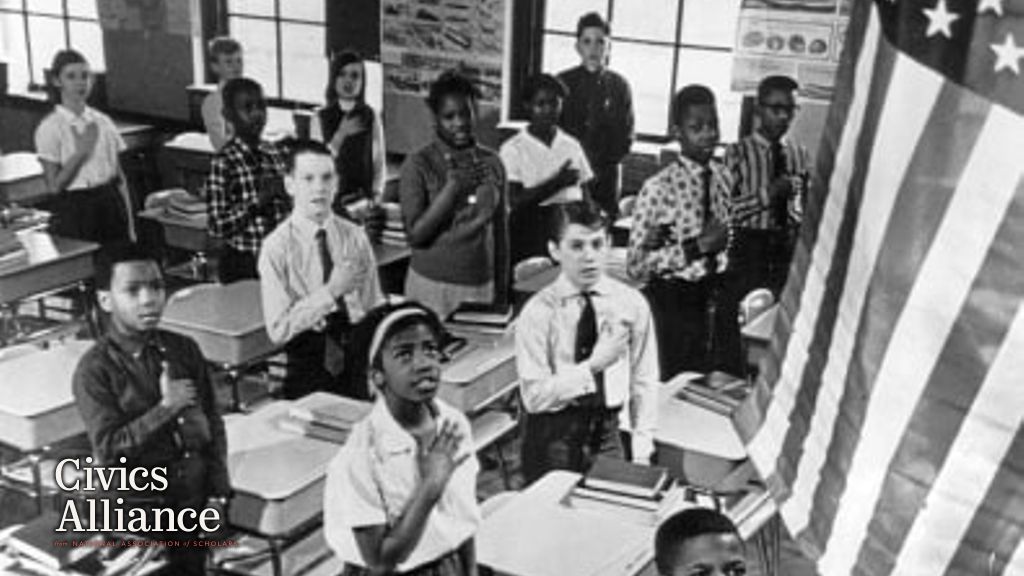A national civics organization laid out a new set of academic standards this week for K–12 social studies classes aimed at improving education throughout the country and combating the rampant anti-American bias it says has taken hold in social studies instruction.
The new document (pdf), “American Birthright: The Civics Alliance’s Model K-12 Social Studies Standards,” is a blueprint introduced on June 27 by the Civics Alliance in an online conference call. It can be used as a framework for state education standards. The standards cover four disciplines that the group says are being mistaught: history, geography, civics, and economics. The document was developed by the group, a project of the National Association of Scholars (NAS), in conjunction with myriad experts and organizations across the United States.
“State academic content standards are the most influential documents in American education,” David Randall, American Birthright coordinator and director of research at NAS, told The Epoch Times during the call.
“They shape what public school districts and charter schools teach. They also influence what textbooks’ authors write, and what knowledge assessment companies such as the College Board test for in their Advanced Placement examinations. They affect teacher training and they provide the framework for teachers’ lesson plans,” Randall said.
The Civics Alliance said in a statement that it wants “to improve every aspect of American social studies instruction by inspiring America’s state education departments to provide social studies standards that teach American students their birthright of liberty.”
“Every student should be educated to be another Harry Truman—a high school graduate who, without ever graduating from college, has a solid grasp of history and is capable of serving as an officer, a judge, a senator, and president.
“American Birthright teaches students to identify the ideals, institutions, and individual examples of human liberty, individualism, religious freedom, and republican self-government; assess the extent to which civilizations have fulfilled these ideals; and describe how the evolution of these ideals in different times and places has contributed to the formation of modern American ideals.
Read Full Article on TheEpochTimes.com









